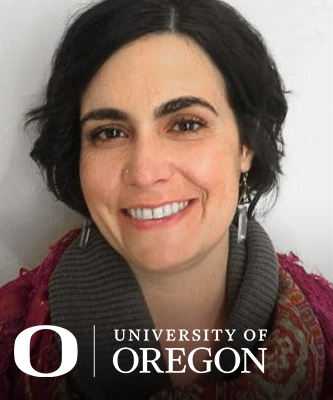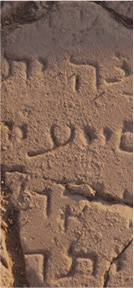Course Description
Welcome to our course designed to equip you with advanced translation skills and the ability to engage in exegesis with confidence. If you are nearing the completion of Greek Level B or have been immersing yourself in Greek studies for more than a year, this course is tailor-made for you.
Prepare to embark on a linguistic adventure as we delve into a selection of passages from the New Testament (NT) and the Septuagint (LXX). With a strong focus on consolidating the grammar and vocabulary covered in Greek Levels A and B, we will introduce you to new grammatical features and expand your lexicon.
You will create your own translations, verse by verse, unraveling the mysteries of vocabulary, grammar, and exegetical nuances. Unlock the secrets of comparison as we guide you through parallel accounts from the gospels, unveiling striking similarities and intriguing differences. With each lesson, you will sharpen your critical thinking skills and uncover profound insights hidden within the Greek passages.
When do our courses start?
We have a few starting dates so you can choose the class that best suits your schedule. Our next class starts on Tuesday, August 05 at 7:00 PM. If you are interested in one of our classes click on the schedule below to start the registration process.




















